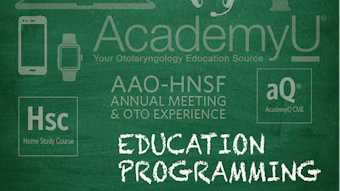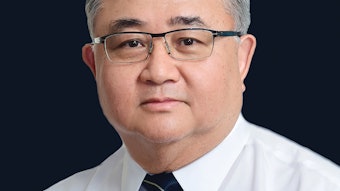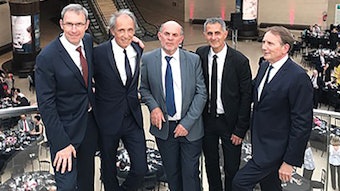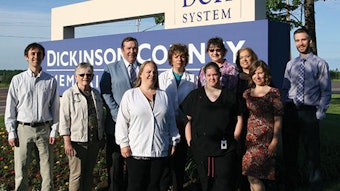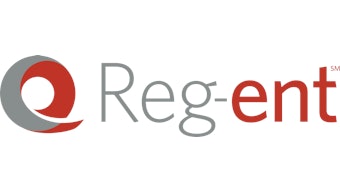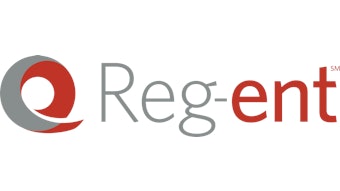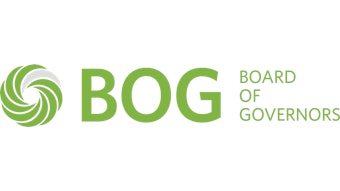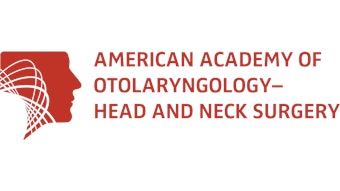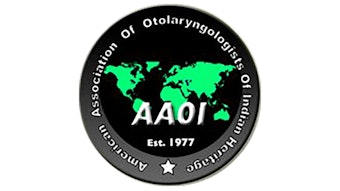Journals as vehicles for lifelong education
Our journals, Otolaryngology–Head and Neck Surgery and OTO Open, are committed to the education of physician learners at all stages of their medical journey. We recently published a themed issue looking at otolaryngology education at the medical school and residency level, bringing visibility and focus to this vital part of our mission.
John H. Krouse, MD, PhD, MBA, AAO-HNSF Editor in Chief, Otolaryngology–Head and Neck Surgery and OTO Open
 John H. Krouse, MD, PhD, MBA
John H. Krouse, MD, PhD, MBA
We will also be featuring our second “40 Under 40” issue in October, which highlights papers authored by medical students, residents, and young physicians under 40 years of age. Our prior such issue in 2015 received more than 200 submissions, demonstrating the robust vibrancy of our younger colleagues and the strength of our future otolaryngologists. Many of these papers have been among our most highly used and cited articles.
Mentoring Residents into Reviewers
In 2016, we also launched an innovative, peer-reviewer development program in which residents were paired with senior editorial leaders and star reviewers of the journals to mentor them in manuscript evaluation and the writing of informative reviews. These resident mentees were required to complete full manuscript reviews in parallel with our most highly rated reviewers. Our reviewers offered specific critiques of each of their reviews to assist them with improving the quality and utility of those reviews. We had more than 30 residents in our inaugural class beginning in July 2016, many of whom will graduate to full reviewer status at our Annual Meeting in Chicago, IL. The program will continue with a new class of mentees in 2017.
The journals view this emphasis on education of our younger colleagues as a core principle and mission to our readers and membership. A journal may not only provide the soundest, evidence-based research and review papers to guide practice, but can serve as a vehicle for the lifelong education of all its users and stakeholders. We are proud at the AAO-HNS/F to be able to use our journals as mechanisms for professional development and to provide a forum for all learners as they prepare for and navigate their careers.
